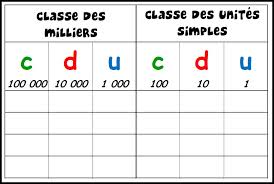numeration
英 [ˌnju:mə'reɪʃən]
美 [ˌnjumə'reɪʃən]
- n. 计算;数字的读法;[数] 命数法;编号

记忆方法
将“numeration”分解为“nume”和“ration”。想象“nume”像一个巨大的数字,而“ration”代表“比率”或“规则”。将其结合,可以想象一个巨大的数字按照一定的规则进行排列或计数,这样就容易记住“numeration”表示“计数”或“数制”的意思。
以上内容由AI生成, 仅供参考和借鉴
英语词源
- numeration (n.)
- mid-15c., from Latin numerationem (nominative numeratio), noun of action from past participle stem of numerare "to count, number," from numerus "number" (see number (n.)).
权威例句
- 1. The radix complement in the pure binary numeration system.
- 纯二进制记数系统中的基数补码.
- 2. Pertaining to a fixed radix numeration system having a radix of two.
- 用来修饰或说明以2为基数的一种固定基数记数系统.
- 3. Pertaining to a fixed radix numeration system , having a radix of twelve.
- 以10为基数的固定基数记数表示系统.
- 4. For large numbers, though hash mark numeration system is too inefficient.
- 然而,对于很大的数, 这种编号制度的效率很低.
- 5. There are radical differences between binary and decimal numeration.
- 二进位和十进位计算有着根本的区别.